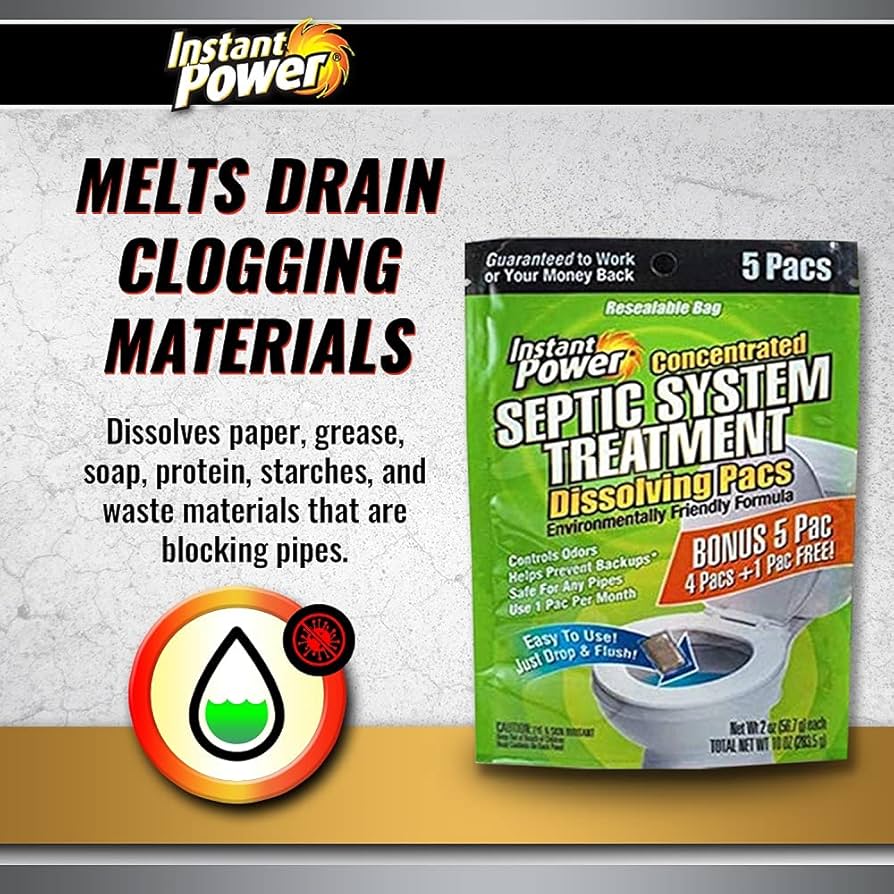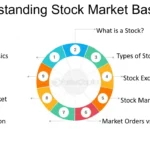Grease buildup in your septic tank can be a homeowner’s nightmare, leading to costly repairs and system malfunctions. Fortunately, understanding the causes of grease buildup and implementing preventative measures can significantly extend the life of your septic system and save you money in the long run. This article will delve into the intricacies of septic grease buildup, explore the common causes of septic clogs, and provide effective solutions for dissolving grease in your septic tank.
Septic Grease Buildup
Grease, a common byproduct of cooking and food preparation, poses a significant threat to your septic system. When poured down the drain, grease doesn’t readily dissolve in water and instead clings to the inside walls of your pipes and septic tank. Over time, this accumulation forms a thick, greasy layer that can impede the flow of wastewater, leading to backups and clogs.
The severity of grease buildup depends on several factors, including the frequency of grease disposal, the type of grease used, and the overall efficiency of your septic system. Even small amounts of grease can contribute to the problem, so it’s crucial to be mindful of your grease disposal habits.
Causes of Septic Clogs

Grease buildup is a primary culprit behind septic clogs, but it’s not the only one. Other common causes include:
- Flushing Non-Biodegradable Items: Items like wipes, feminine hygiene products, and paper towels don’t break down easily and can accumulate in your septic tank, contributing to clogs.
- Excessive Toilet Paper Use: While toilet paper is designed to break down, using too much can overwhelm your septic system and lead to blockages.
- Root Intrusion: Tree roots can penetrate septic tank walls and pipes, causing significant damage and disrupting wastewater flow.
- Improper Septic System Maintenance: Neglecting regular septic system maintenance, such as pumping and inspections, can allow grease and other debris to accumulate, increasing the risk of clogs.
Septic Tank Treatments
Fortunately, there are effective solutions for dissolving grease in your septic tank and preventing future clogs. Septic tank treatments specifically designed to break down grease are readily available at most hardware stores and online retailers. These treatments typically contain enzymes that naturally digest grease, preventing it from solidifying and causing blockages.
Enzyme Action
Enzymes are biological catalysts that accelerate chemical reactions. In the context of septic tank treatments, enzymes target the fatty acids in grease, breaking them down into smaller, more manageable molecules that can be easily processed by bacteria in your septic system. This enzymatic action effectively dissolves grease, preventing it from accumulating and causing clogs.
Choosing the Right Treatment
When selecting a septic tank treatment, look for products specifically formulated to break down grease. Read the product label carefully to understand the recommended dosage and frequency of use. It’s also important to choose a treatment that is compatible with your septic system type and size.
Proper Grease Disposal

While septic tank treatments can effectively dissolve grease, preventing grease buildup in the first place is the most effective way to protect your septic system. Here are some tips for proper grease disposal:
- Never Pour Grease Down the Drain: Grease solidifies at cooler temperatures, so pouring it down the drain can lead to clogs in your pipes and septic tank.
- Collect Grease in a Container: Use a container, such as a jar or can, to collect grease from cooking and food preparation.
- Dispose of Grease Properly: Once the container is full, dispose of the grease in the trash. You can also solidify the grease by placing it in the freezer and then disposing of it in the trash.
- Consider a Grease Trap: If you have a large household or frequently cook with grease, consider installing a grease trap to intercept grease before it enters your septic system.
Conclusion
Grease buildup in your septic tank can lead to costly repairs and system malfunctions. By understanding the causes of grease buildup and implementing preventative measures, you can significantly extend the life of your septic system and save money in the long run. Using how to dissolve grease in septic tank treatments, practicing proper grease disposal habits, and maintaining your septic system regularly are essential steps in preventing grease-related problems and ensuring a smoothly functioning septic system.



